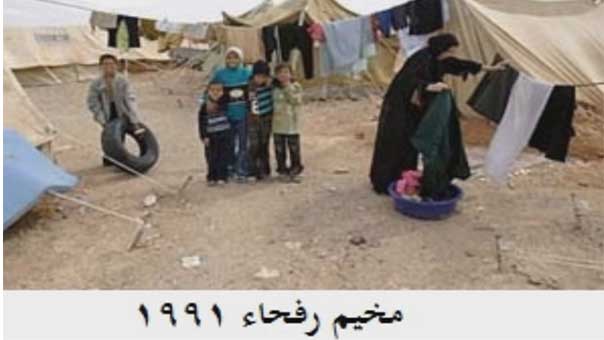
They stopped counting the days and weeks more than a decade ago, wondering if they would grow old here at a refugee camp deep in the scorching Saudi desert near the Iraq border.
For 12 years, more than 5,000 Iraqi refugees have lived inside a vast compound of windowless warrens, secured by tall barbed-wire fences, patrolled by Saudi soldiers and perhaps as isolated as any place could be.
Hundreds of babies have been born here to Iraqi refugees, most of them Shiite Muslims who fled southern Iraq after Saddam Hussein crushed a Shiite uprising after the Persian Gulf war of 1991.
There are more than 2,000 children here under the age of 18, and those under 13 have never seen the country their parents call home, although they learn about Iraq in their classrooms inside trailers.
My country, my country, I love it!” a classroom of 6-year-olds sang in unison on Wednesday, as word was spreading through the camp’s makeshift markets and mosques that Mr. Hussein’s government had collapsed. ”How beautiful it is!”
”What is the capital of Iraq?” the teacher, also an Iraqi refugee, asked.
”Baghdad!” they shouted.
Those children may soon see Iraq for the first time, as thousands of refugees here and elsewhere around the world prepare to go home. The Rafha refugees are among 400,000 officially recognized Iraqi refugees across the Arab world and in Europe and the United States, but hundreds of thousands more are living in exile.
Their return, which has become a focus of the United Nations High Commission for Refugees and other international organizations, may not be imminent. But it is, finally, possible.
”I cannot describe my feelings,” said Falah Al-Mansouri, 30, who arrived here when he was 18 and in 1996 opened the camp barbershop. ”To think that Saddam Hussein has been removed and I am going back home to my country — I cannot describe how I feel.”But the fear of going home to houses and towns that were obliterated and to graveyards that hold their relatives runs almost as deep here as the desire to leave.
Those children may soon see Iraq for the first time, as thousands of refugees here and elsewhere around the world prepare to go home. The Rafha refugees are among 400,000 officially recognized Iraqi refugees across the Arab world and in Europe and the United States, but hundreds of thousands more are living in exile.
Their return, which has become a focus of the United Nations High Commission for Refugees and other international organizations, may not be imminent. But it is, finally, possible.
”I cannot describe my feelings,” said Falah Al-Mansouri, 30, who arrived here when he was 18 and in 1996 opened the camp barbershop. ”To think that Saddam Hussein has been removed and I am going back home to my country — I cannot describe how I feel.”
Still, none of that seemed to matter the day much of Baghdad fell into American hands.
”We are like prisoners here,” said Haleema al-Mousawi, who fled Iraq with her husband and two children and then gave birth to four more at the camp hospital. ”But today is about forgetting the suffering, today we are forgetting these 12 years.”
Across the camp, small spontaneous celebrations broke out, with men banging on tin drums and shouting, ”Where are you now, Saddam?”
Then, as night fell and more of the refugees had watched stunning scenes of Baghdad on television, about 100 gathered along one of the dirt roads, singing and dancing, and they hoisted an Iraqi flag into the air.
Along other streets, groups of men could be heard shouting, ”Thank you, Bush!” ”Bush up, Saddam down!” and ”Thank you, Blair!”
After the Persian Gulf war of 1991, the camp housed roughly 33,000 Iraqi refugees. Over the years, 3,000 went back to Iraq and 25,000 were resettled in other countries, about half of those in the United States.
The United Nations agency can facilitate the return of refugees to Iraq, but it is not recommending they return now because of continuing violence. Still, many refugees said they were planning to leave for Iraq as soon as possible.
A
The camp is run by the Saudi Ministry of Defense and Aviation, and several hundred soldiers and military officers live on the campgrounds. Military officials say their presence is intended only to protect the refugees. ”It’s not to control them by force,” Gen. Amer O. Al-Mutairi, the camp commander, said. ”Just for administration and to make it safe.”
Asked if he thought the refugees would be leaving soon, he said: ”We hope so. They hope so.”
While the refugees have many complaints about their life in the camp, they also expressed gratitude to the Saudis for taking them in for all these years.
The refugees receive a stipend: about $80 a month for each male in the camp and $93 for each female every six months. Their food, housing, medical care and education are paid for.
Over the years, the Saudi government has arranged for 300 jobs for the refugees at the schools and the hospital, which are rotated among men with families to allow them to earn extra money.
Before the war, the government granted each refugee who returns to Iraq about $2,600 for resettlement assistance, officials said, meaning a family of six could leave Saudi Arabia with more than $15,000. It is unclear if the government will continue to offer that incentive.
Before the war, refugees who won permission to return were escorted to the border by the Saudi military. Iraqi government officials would meet them on the other side and take them to Salman, a village in southeastern Iraq.
For the moment, though, it is not clear who will meet the refugees on the other side of the frontier.
As they contemplate their return, many refugees are coming to grips with the long list of opportunities they have lost in the years they have lived here in the camp.
Many single men never married. Students who were in college never graduated, and more than a decade later, will they go back to college? Will there be any colleges to go back to? Will there be jobs?
”The kingdom has given us everything,” said Khuder al-Nebhan, who is 35 and was a freshman at Baghdad University when he fled the country, referring to Saudi Arabia. ”But this has taken a very, very big psychological toll.”
Mr. Nebhan, who is from Karbala in central Iraq, found a wife at the camp, and he now has two young sons.
He brought nothing with him, so he has not been able to show his children pictures of Iraq. When he is able to call his father in Karbala, his sons say hello but constantly confuse their grandfather — whom they have never met — with their uncle.
”When we came here,” Mr. Nebhan said, ”The future stopped.
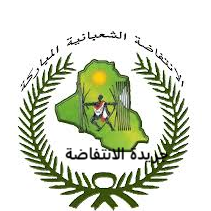
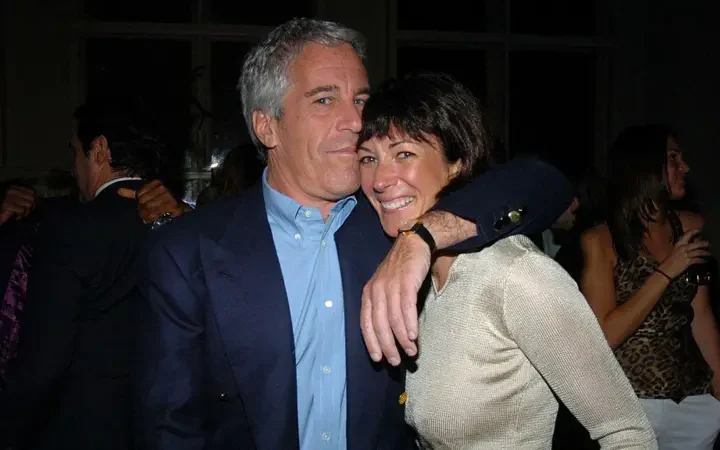
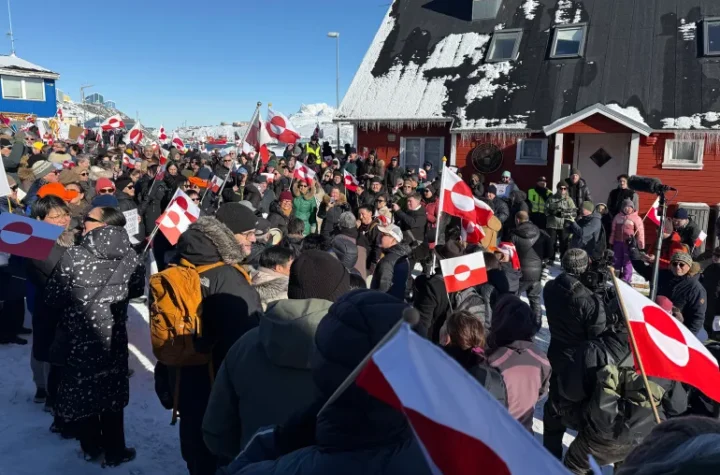

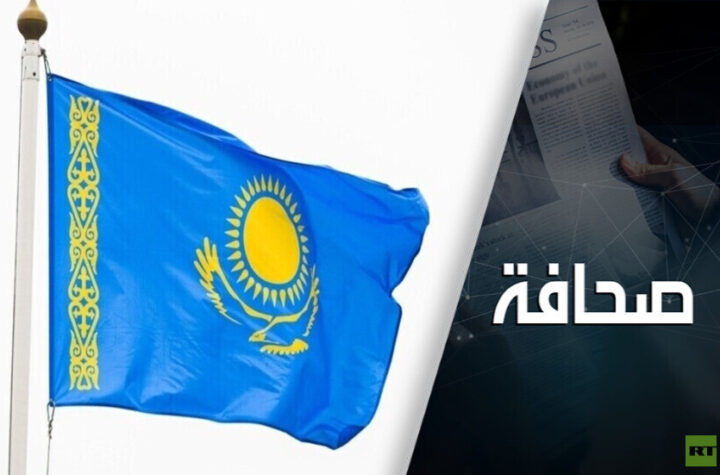
نحن معكم على مدار الوقت
Iraq, Saudi Arabia: Riyadh Backs the Media Battleground
Colin Powell Secretary of State U.S. Department of State Washington, D.C. 20520
Iraqis in Saudi Arabia – the Forgotten Refugees December 9, 1991